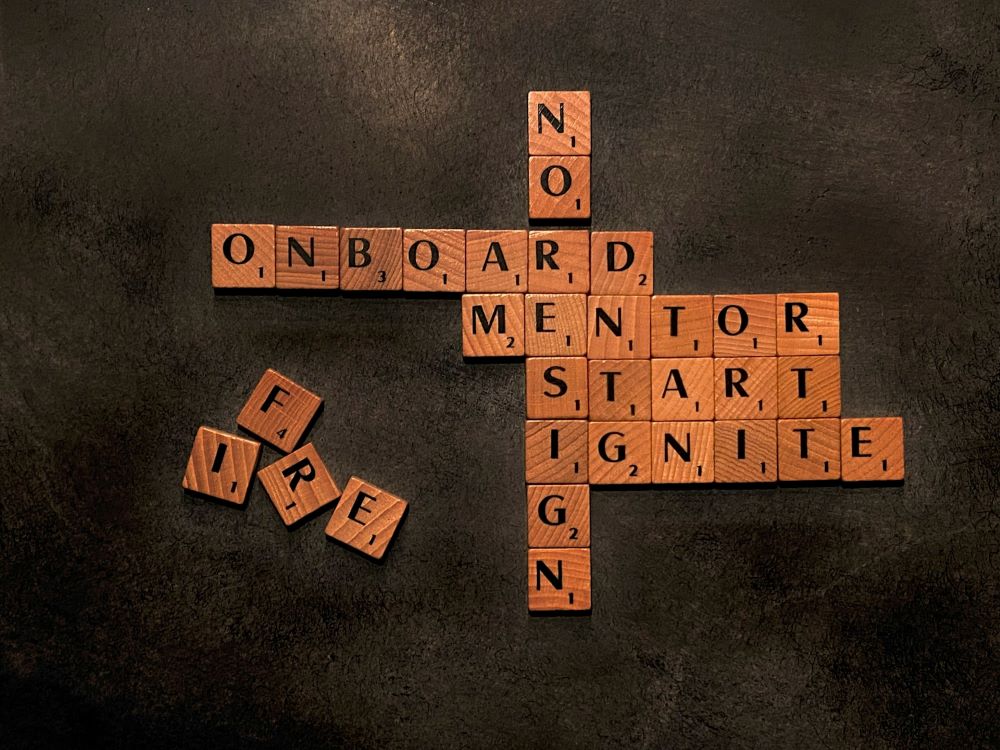Let’s explore the key elements of an effective onboarding plan and the role of the employer of record (EOR) industry in enhancing this process.
In today’s competitive business environment, attracting top talent is only the first step. The next crucial phase is onboarding, which can significantly impact an employee’s performance, engagement, and retention. A well-designed employee onboarding plan is essential for integrating new hires smoothly into your organization.
The Importance of an Employee Onboarding Plan
An employee onboarding plan is a structured approach to introducing new hires to their roles, colleagues, and the company culture. Effective onboarding goes beyond simple orientation; it involves a comprehensive process that helps new employees become productive and engaged members of the team.
- Improves Retention: A study by the Brandon Hall Group for Glassdoor shows that a strong onboarding process can improve employee retention by 82% and productivity by 70%. When new hires feel welcomed and supported, they are more likely to stay with the company long-term.
- Boosts Productivity: A well-structured onboarding plan accelerates the time it takes for new employees to reach full productivity. Clear expectations, training, and resources enable them to contribute effectively from the start.
- Enhances Engagement: Engaged employees are more committed and motivated. Onboarding is a critical period for building this engagement by fostering connections and aligning new hires with the company’s mission and values.
- Reduces Costs: High turnover and prolonged periods of low productivity are costly. Effective onboarding minimizes these expenses by ensuring new hires are well-prepared and less likely to leave prematurely.
Key Elements of an Effective Employee Onboarding Plan
- Pre-boarding: Start the onboarding process before the employee’s first day. Send a welcome email with essential information, complete necessary paperwork, and provide an agenda for the first week. This helps new hires feel prepared and valued.
- Orientation: Introduce new employees to the company’s history, culture, and values. This can include a tour of the facilities, meeting key team members, and an overview of company policies and benefits.
- Role-Specific Training: Provide detailed training tailored to the employee’s specific role. This includes an overview of their responsibilities, tools, and systems they will use, and key performance indicators (KPIs).
- Mentorship and Support: Assign a mentor or buddy to help the new hire navigate their first few months. This person can provide guidance, answer questions, and offer support, helping the new employee feel more connected and confident.
- Regular Check-ins: Schedule regular check-ins during the first 90 days to assess progress, address concerns, and gather feedback. This ongoing communication ensures that any issues are promptly addressed and that the new hire feels supported.
- Integration Activities: Facilitate activities that help new hires integrate socially with their team and the broader organization. This can include team lunches, networking events, and team-building exercises.
Read more: Employee Onboarding Checklist Guide

The Role of Employer of Record (EOR) Services in Onboarding
The employer of record industry can play a crucial role in streamlining and enhancing the onboarding process, particularly for companies with global operations. An EOR is a third-party organization that takes on the legal responsibilities of employing workers, allowing businesses to focus on strategic activities. Here’s how EOR services can support your employee onboarding plan:
- Compliance Management: EORs ensure that all onboarding processes comply with local labor laws and regulations. This is particularly important for international hires, where legal requirements can vary significantly.
- Administrative Support: EORs handle the administrative aspects of onboarding, such as payroll setup, benefits enrollment, and contract management. This reduces the burden on internal HR teams and ensures a smooth onboarding experience.
- Global Reach: For companies expanding internationally, EORs offer the expertise needed to onboard employees in different countries efficiently. They manage the complexities of local employment laws, taxes, and benefits, ensuring compliance and consistency.
- Resource Efficiency: By outsourcing administrative tasks to an EOR, companies can allocate more resources to strategic onboarding activities that enhance employee engagement and productivity.
Implementing an Effective Onboarding Plan
- Define Objectives: Clearly outline the goals of your onboarding plan. Consider what new hires need to know and accomplish in their first week, month, and quarter to be successful.
- Create a Timeline: Develop a detailed timeline that outlines the onboarding activities and milestones. This should include pre-boarding activities, orientation, training, and regular check-ins.
- Leverage Technology: Use HR software and onboarding platforms to streamline the process. These tools can automate paperwork, track progress, and provide new hires with easy access to essential information.
- Gather Feedback: Continuously seek feedback from new hires about their onboarding experience. Use this information to make improvements and ensure that your onboarding plan remains effective and relevant.
- Partner with Experts: If managing onboarding in-house is challenging, consider partnering with an EOR to handle the administrative and compliance aspects. This allows your HR team to focus on creating a meaningful and engaging onboarding experience.
Conclusion
A well-crafted employee onboarding plan is essential for the success of new hires and the overall growth of your company. By focusing on comprehensive orientation, role-specific training, and ongoing support, businesses can improve retention, boost productivity, and enhance employee engagement. The employer of record industry offers valuable support in managing the complexities of onboarding, particularly for global operations. By prioritizing effective onboarding, business owners and HR professionals can create a positive and productive start for their new employees, setting the stage for long-term success.
Partnering with an EOR service like Eos is a smart, strategic move. Contact us today and check our services here.
Featured photo by Gilles Roux on Unsplash







